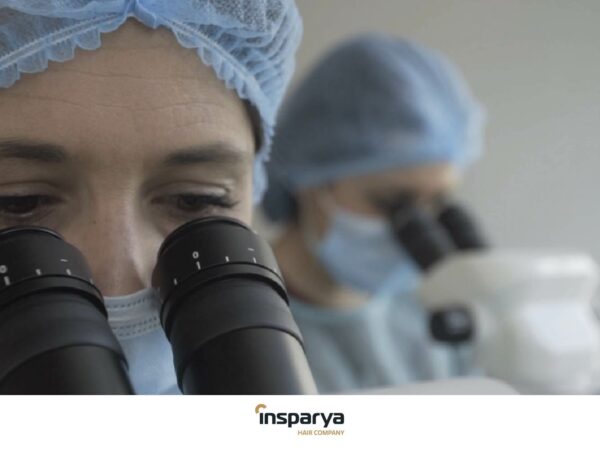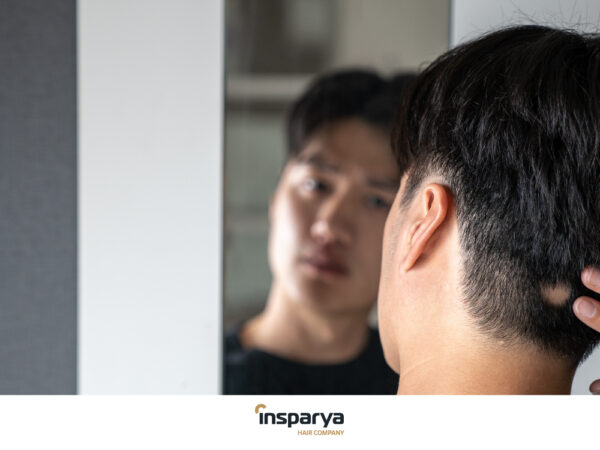
5 tips to know how to take care of your hair
Hair is a clear reflection of both vitality and health problems. If our face is the mirror of our soul, we could say that hair is often the reflection of health, as it is affected by many processes internal to our bodies, such as hormonal changes, stress, genetics, etc. In addition, it is a fundamental part of expressing ourselves. Depending on how well we take care of it, our results will vary.
Many people are truly interested in taking care of it because they know how important it is, but they don’t really know what to do to keep it strong, resilient, and shiny besides using this or that product.
In this article, we’ll give you five tips to how take care of your hair and keep it in the best condition possible. Let’s go!

1. Not using tobacco
Nowadays, we are all aware of how bad tobacco is, but hair loss does not always appear on the list of side effects of smoking, although it is also one of the results (and not a trivial one). Studies show that smoking 20 or more cigarettes a day increases one’s chances of baldness, especially if there is a family history of hair loss.
“Smoking cigarettes, which is associated with other risk factors, can contribute to hair death in multiple ways.” Toxic chemicals in cigarettes cause serious damage to hair follicle DNA, and they release inflammatory substances (cytokines) that cause chronic follicular inflammation. This impacts the normal cycle of hair growth,” explains Carlos Portinha, Chief Clinical Officer at Insparya.
2. Oily hair and hot water
Oily hair is the result of excessive production of oil by the scalp’s sebaceous glands. It looks like heavy hair with excessive shine and no volume. This effect can be accentuated by using excessively hot water, poor scalp hygiene, or exposure to high-temperature environments. Therefore, it is advisable to avoid exposing scalp hair to excessively hot environments in order to prevent this overproduction of grease. Hot air from the dryer can contribute to this increase in grease, so it is best to keep the dryer at least 15 centimetres from the scalp.

3. Hair treatment ampoules: how to choose?
There are now a wide variety of hair treatment ampoules on the market. However, not all have the same active ingredients and the same efficacy. It’s important that these ampoules combine some essential components, such as vitamins (B, E, and A complexes), minerals, amino acids, peptides, nucleic acids, and growth factors in the right proportions.
If these requirements are diligently upheld, along with a proper dietary regimen, you can see some effects on hair health. But we must note, topical ampoules have a limited absorption rate that is not comparable to products injected directly into the scalp, such as hair mesotherapy.
4. Avoid sun exposure
It is well-known that sun exposure has harmful effects on the skin, but this is true for the scalp and the hair itself, as well. Hair undergoes prolonged sun exposure practically all year round, but especially in the summer.
The sun directly affects the hair on the scalp, and in the case of prolonged exposures, this can cause loss of shine and scalp dryness.
One additional problem is for patients with lower hair density on the scalp. For these patients, there’s greater ultraviolet radiation penetration from the sun through the hair, which directly affects the scalp’s skin. These areas on the scalp are particularly predisposed to developing skin cancer in the future. Therefore, a hair micro-transplant is recommended in these cases not for aesthetic reasons but for a medical one.
5. Stress
Stress is one of the factors most closely linked to hair loss. Stress causes relatively rapid hair loss at the time of the stressful event; however, recovery is slow once the period of stress is over. There are also cases where individuals are permanently stressed, which makes the problem even more complicated.
Combating stress would undoubtedly help prevent hair loss, but this is certainly not always easy, primarily because of the conditioning factors present in modern life.
Your hair is an important part of you. It’s not only part of your image for the outside world, but it largely reflects your health and fulfils its own natural function. That’s why it’s important to try to keep it healthy.






